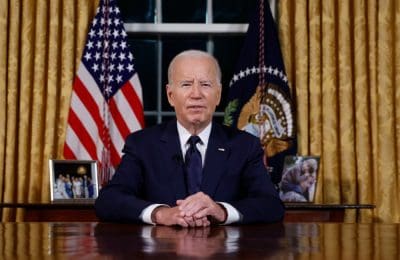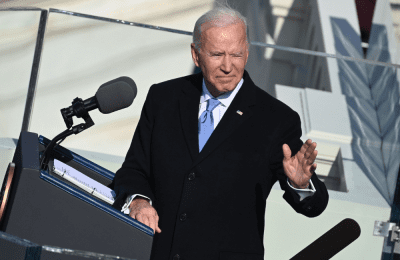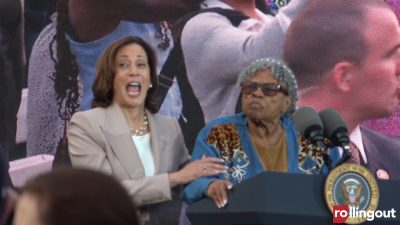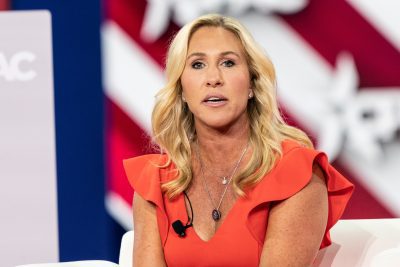You spoke about an incident where you were racially profiled while at the barbershop. Can you share what occurred?
I was with a group of Black men, and we were standing outside of the barbershop in the middle of the day. The police pulled up and tried to intimidate us. I told the guys who I was with that they didn’t have to give their identification because I was going to give the officers my ID. I gave them my legislative badge and card from my law firm. Once I showed them that, it was a totally different scenario.
They said they thought I was one of them, referring to the other Black men. But I am one of them. They were not stopping to do a wellness check or doing community policing where they were getting to know the community. Black guys who run or throw on the football field at LSU do not pose a problem, but when they saw Black guys at a barbershop, they decided to harass us.
How can more training help in terms of policing?
My barber went through more training than most police officers. We talk about training, but police need more annual training. We have to look at the people who are training the cadets. The guy who was the police chief when Alton Sterling was killed said that Sterling’s killer, officer Blaine Salamoni, was not in the wrong. Now that guy is over the training for the sheriffs. Every law enforcement officer that he trains walks in with his same mentality. Salamoni was fired, but he resigned. Taxpayers are still paying for his retirement benefits, and Sterling’s family has yet to settle the lawsuit because the majority White council members won’t approve the settlement. We need annual checks so that officers who are not qualified can lose their certification.

















